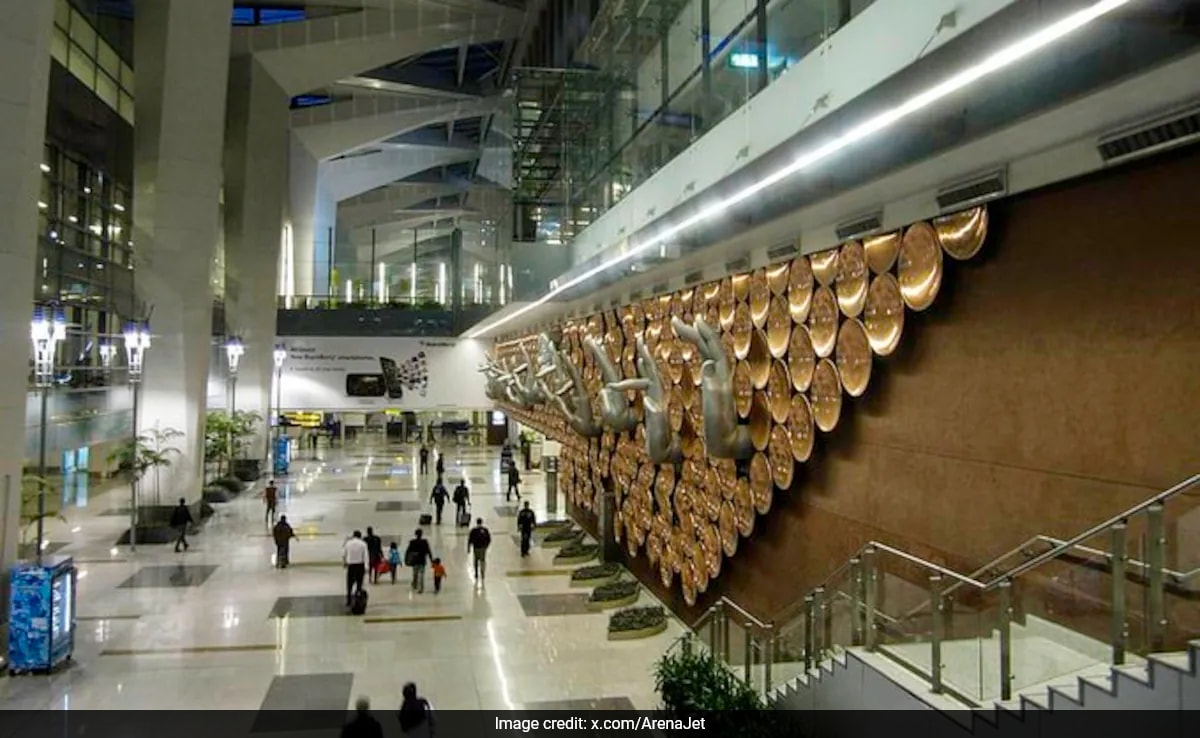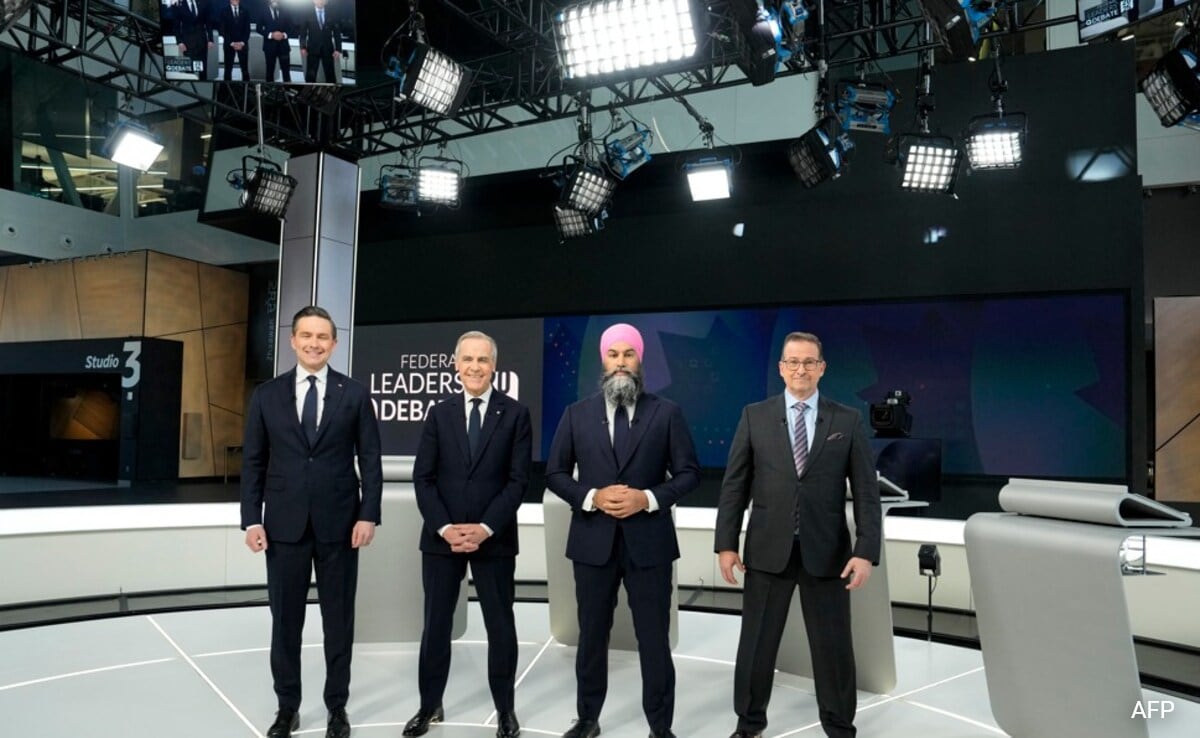<p>United States Commerce Secretary Howard Lutnick on Sunday clarified that the temporary exemption of several electronic devices from newly implemented tariffs is not a permanent measure. Lutnick said the products in question would soon fall under a new category of “semiconductor tariffs,” expected to be implemented within the next month or two.</p>
<p>“All those products are going to come under semiconductors, and they’re going to have a special focus type of tariff to make sure that those products get reshored,” Lutnick told ABC news. “We need to have semiconductors, we need to have chips, and we need to have flat panels — we need to have these things made in America. We can’t be reliant on Southeast Asia for all of the things that operate for us.”</p>
<p>He added, “So what [President Donald Trump]’s doing is he’s saying they’re exempt from the reciprocal tariffs, but they’re included in the semiconductor tariffs, which are coming in probably a month or two. So these are coming soon.”</p>
<p>The clarification followed a bulletin issued by the US Customs and Border Protection on Friday night, outlining a list of key electronic products — including smartphones, computers, solar cells, flat-panel TV displays and semiconductor-based storage devices — that would be temporarily exempt from tariffs announced since 2 April. These exemptions also cover the 10% baseline tariffs President Trump had imposed on imports from most countries.</p>
<p>According to Lutnick, the White House will implement “a tariff model in order to encourage” the reshoring of the semiconductor and pharmaceutical industries. “We can’t be beholden and rely upon foreign countries for fundamental things that we need,” he said. “So this is not like a permanent sort of exemption. He’s just clarifying that these are not available to be negotiated away by countries. These are things that are national security that we need to be made in America.”</p>
<h3><strong>’Small Step By US To Correct Its Wrong Practice’: China On Tariff Exemption For Electronic Devices</strong></h3>
<p>A Reuters report noted that the exclusions offered substantial relief to major technology firms such as Apple, Dell Technologies, and others that rely on imports. The Customs and Border Protection notice listed 20 product categories, including the broad 8471 tariff code that covers all computers, laptops, disc drives and automatic data processing devices. It also included memory chips, semiconductor devices, and flat-panel displays. The exclusions are effective retroactively from 5 April.</p>
<p>Reacting to the US move, China’s Ministry of Commerce issued a statement on Sunday calling the exemptions a “small step by the US to correct its wrong practice of unilateral ‘reciprocal tariffs’.” It added, “The bell on a tiger’s neck can only be untied by the person who tied it,” urging the US to take more substantial steps and completely cancel the tariffs.</p>
<p>While speaking to reporters on Saturday, US President Trump was asked about the rationale behind the exemptions and upcoming semiconductor tariffs. He responded, “I’ll give you that answer on Monday. We’ll be very specific on Monday … we’re taking in a lot of money, as a country, we’re taking in a lot of money.”</p>
<p>For Chinese imports, the exemptions apply only to the “reciprocal tariffs,” which, according to the White House, have now risen to 125%. However, Trump’s earlier 20% tariffs on Chinese goods linked to the US fentanyl crisis remain in force. The official added that a new national security trade investigation into semiconductors would be launched soon, potentially leading to more tariffs.</p>
<p>Wedbush Securities analyst Dan Ives described the tariff reprieve as “the most bullish news we could have heard this weekend,” in a note to industry stakeholders. “There is still clear uncertainty and volatility ahead with these China negotiations… Big Tech firms like Apple, Nvidia, Microsoft and the broader tech industry can breathe a huge sigh of relief this weekend into Monday,” he said, as per Reuters.</p>
<p>Meanwhile, Beijing escalated its retaliatory stance by raising its own tariffs on US imports to 125% on Friday, following Trump’s announcement of increasing duties on Chinese goods to 145%.</p>
<p>Despite ongoing trade tensions, Trump’s support among Big Tech appears robust. Several technology CEOs attended his second inauguration on 20 January. Apple CEO Tim Cook hosted a pre-inaugural ball and has made visits to Trump’s residence in Florida.</p>
<p>White House spokesperson Karoline Leavitt reiterated in a statement that US President Trump has made it clear the US cannot depend on China to manufacture vital technologies like semiconductors, chips, smartphones, and laptops. She also confirmed that under Trump’s direction, tech giants such as Apple, Nvidia, and Taiwan Semiconductor are “hustling to onshore their manufacturing in the United States as soon as possible.”</p>
World
US Says Tariff Exemption On Electronics Temporary As ‘Focused’ Semiconductor Levies To Follow
by aweeincm

Recent Post

Flights Delayed At Delhi Airport, 1 Runway Working, Other Under Repair
Flight operations at Delhi’s Indira Gandhi International Airport faced a ... Read more

Liberals Vs Conservatives: Where Things Stand In Canada Polls 2025
With the 2025 Canada elections around the corner, Prime Minister ... Read more

Israel Army Probe Says No “Indiscriminate Fire” In Killing Of Gaza Medics
An Israeli military investigation concluded Sunday that its troops did ... Read more

“What A Debut”: Sundar Pichai’s Shout-Out To Vaibhav Suryavanshi
An audacious first-ball six by a 14-year-old, Vaibhav Suryavanshi, on ... Read more